Gao, 3 Rabiul Akhir 1434/13 February 2013 (MINA) – With reports of abuses by forces on both sides of the conflict during the ongoing war in Mali, coupled with starvation across much of northern Mali, the local population is questioning the role of French troops on their soil whom they say are making life even more difficult for them than before.
Malians in the north are concerned that they have been neglected by both the French and the local authorities leaving them in the midst of death as food runs out of their stores.
The elderly in remote villages are barely surviving, with signs of empty stomachs written allover their faces. Some say they have gone without food or drink for several days now and yet there are no indications that a miracle would happen to save them from this predicament.
They say that what is evident on the ground is that the French military campaign in Mali did not put in place safety measures for the civilian populations . There is apparently not enough humanitarian assistance available which has affected many households across the north.
According to Malians the French led military intervention is causing further harm to the already distressed civilian population.
Humanitarian Intervention?
What is to be done in a crisis like the genocide in Rwanda, when the international community seeks to stop the killing? Can nations, acting through the UN Security Council, fulfill a “responsibility to protect” innocent civilians? Or is such a doctrine just a Trojan horse for great power abuse?
When nations send their military forces into other nations’ territory, it is rarely (if ever) for “humanitarian” purposes. They are typically pursuing their narrow national interest – grabbing territory, gaining geo-strategic advantage, or seizing control of precious natural resources.
Leaders hope to win public support by describing such actions in terms of high moral purposes – bringing peace, justice, democracy and civilization to the affected area. In the era of colonialism, European governments all cynically insisted that they acted to promote such higher commitments – the “white man’s burden,” “la mission civilisatrice,” and so on and so forth.
The appeal to higher moral purposes continues to infect the political discourse of the great powers. Today’s “humanitarian intervention” is only the latest in this long tradition of political obfuscation. In 2003, the US-UK invasion and occupation of Iraq was labeled “humanitarian intervention” by UK Prime Minister Tony Blair.
Still, should intervention (even multilateral intervention, approved by the Security Council) be excluded in all circumstances?
This section looks at the issues and the fierce debate that has arisen within the United Nations about these “new approaches” to sovereignty and collective action. (T/P09/E1).
Mi’raj News Agency (MINA)
Also Read: Arakan Association Trains Rohingya Students to Write News in English






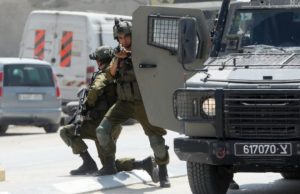

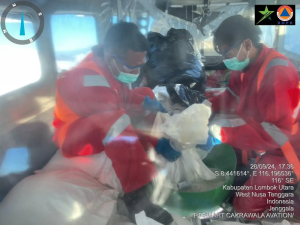

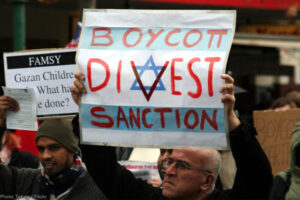
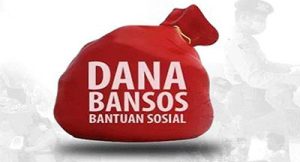
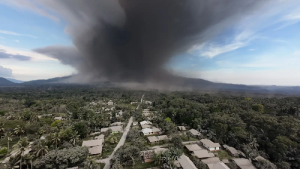





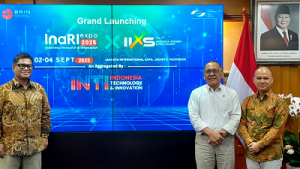
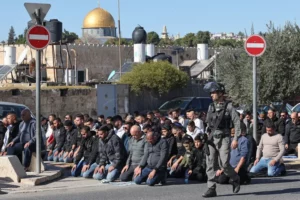
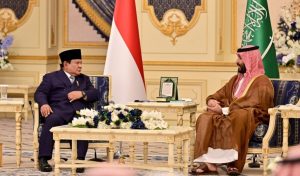


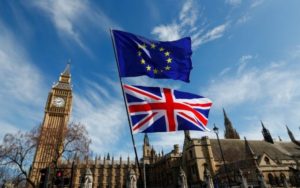



 Mina Indonesia
Mina Indonesia Mina Arabic
Mina Arabic